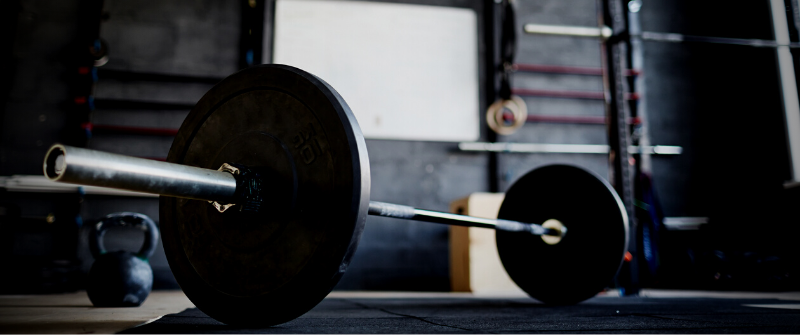
- by NEXO Team
- August 26, 2021
As a gym owner and manager, you're always thinking about equipment. Whether it's replacing a treadmill or adding a barbell set to decrease wait times, equipment is almost certainly at the center of your gym.
You want to offer your customers the latest and most updated models available. Top-quality gym equipment is one of the best ways to attract new customers. However, you're a small business owner, and you're constantly monitoring your cash flow and budget to ensure you remain profitable and able to pay your bills.
New equipment can be a major expense for a small gym or a new location. You might think that leasing the equipment is your best option, because you don't need to put up as much money upfront, but there's a cost to leasing commercial gym equipment that you need to consider.
This guide to the cost of leasing commercial gym equipment can help you explore them.

Lack of Ownership
When you lease equipment for your gym, no matter how long you lease it, you don't own it. Gyms can sell outdated equipment when it's time to replace it and roll those profits into new equipment.
However, when you lease equipment, you don't build any ownership or equity. You simply return the equipment when your lease period expires. At that time, you start the cycle of leasing again.
The lack of ownership of leased equipment also keeps the value of assets in your business low. You don't own the equipment, so it isn't an asset. Whether you lease or finance your equipment, you'll need to make payments.
When you finance the equipment, there comes a time when you own and no longer need to make payments. Leasing gym equipment is a cycle of constantly making payments.
Financing or buying the equipment outright means you own or will eventually own the equipment, and it becomes an asset for your business, increasing its overall value. Someday, you may want to sell your gym to retire or try something different.
The more assets the business has means the higher price you can get for it. If you enter the cycle of leasing equipment, you may find that it's hard to get out and start building that type of asset in your company.
Down Payments and Deposits
If you're leasing gym equipment, you can expect to invest cash upfront. The amount of the down payment and deposits depends on the company that you choose for leasing the equipment.
You can expect to pay at least a deposit for the first and last month's payment. Of course, you'd need to make these payments at some point, but if cash flow is a challenge for you, it's an expense that you need to plan to cover.
You might be required to pay a down payment when financing equipment too, but that money lowers your monthly payments and build equity in the equipment. The amount of the deposits and down payments required when leasing equipment is based on your credit score.
If you have a lower than average credit rating, you may find that your monthly payments for leased equipment are significantly higher than they might otherwise be. The leasing company doesn't want the equipment back in a few months, because you haven't paid enough for it, and they can't resell it as used for their expected profit margin.
This makes it essential to have excellent credit if you want to lease your gym equipment without paying a large down payment and high monthly payments. Since the deposits are also linked to the monthly payments, poor credit can affect the amount you need to pay upfront.
Quality of the Equipment
You might think if you lease the equipment that you can keep your gym stocked with all the latest and greatest machines in fitness. However, you're tied to the offerings of the leasing company.
If the leasing company you choose doesn't offer a specific piece of equipment, then you'll need to purchase it outright or finance it. Also, if you're looking for custom-built equipment, you aren't going to find it with a leasing company.
With leasing, you may find that your equipment options are limited. It might also be that the leasing company only offers equipment from only one or two brands, furthering limiting your options for getting quality equipment into your business.
Before signing a lease, you want to carefully look over the company's catalog of equipment and ask the salesperson about plans for adding upgraded models when they become available.
You don't want to lose existing customers or the ability to attract new one because you're stuck with lower quality equipment. It might be that you can't get the newest models available either.

Repairs and Damage
When you lease gym equipment, it's essential to read over your contract. Some leasing companies will cover the cost of routine maintenance, but not all. This makes it essential that you read the fine print.
However, if the equipment becomes damaged due to misuse or a natural disaster, you're probably going to need to pay for your own repairs. Depending on the type of equipment, this can put a serious dent in your cash flow.
You could argue that these costs apply if you choose to buy the equipment instead of lease it. However, if you own the equipment, you always have the option to fail to do repairs. If it's leased, you'll need to repair it before returning the equipment to the company.
Conclusion
With equipment leasing, you're going to pay for it over time but not end up with an asset for your business. It's always best to purchase equipment for your gym to help build its value and provide your customer base with the best equipment available or even customize equipment for your clients' needs.
At Nexo Fit, we can help you get the equipment that you need now with our financing options. You can bundle your equipment financing with your insurance and marketing needs. When you're ready to get the new equipment that you deserve for your gym, contact us.
Categories
Fill out a short form to contact us with your questions or to receive a customized quote.
Recent Posts
-
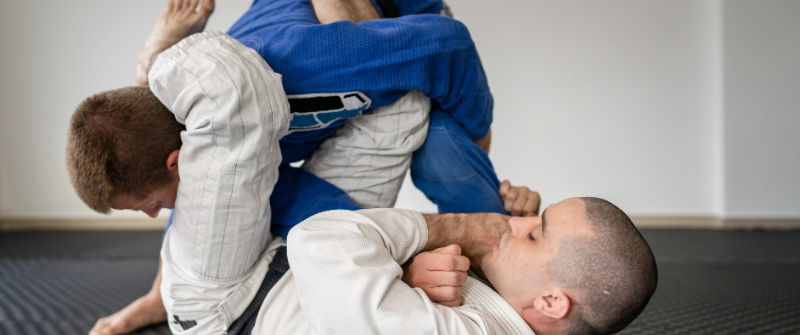 Injury Waivers Aren’t Enough: Insurance Gaps Jiu-Jitsu Owners Overlook
January 21, 2026
Injury Waivers Aren’t Enough: Insurance Gaps Jiu-Jitsu Owners Overlook
January 21, 2026 -
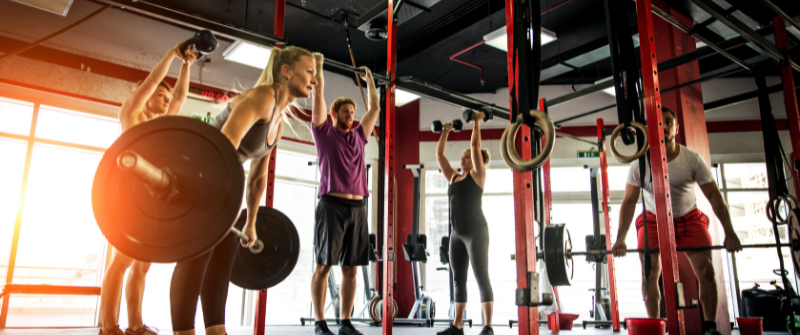 How Gym Risk Management Can Lead to Lower Premiums Over Time
January 21, 2026
How Gym Risk Management Can Lead to Lower Premiums Over Time
January 21, 2026 -
 Why Combat Sports Gyms Pay More for Insurance and How to Control Costs
January 21, 2026
Why Combat Sports Gyms Pay More for Insurance and How to Control Costs
January 21, 2026 -
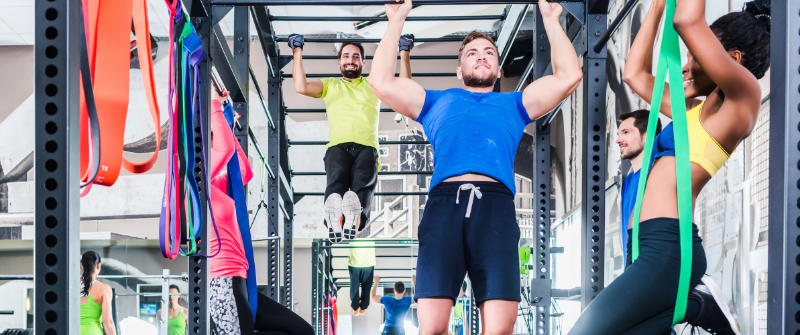 Functional Fitness Injury Trends That Impact Insurance Underwriting
January 21, 2026
Functional Fitness Injury Trends That Impact Insurance Underwriting
January 21, 2026 -
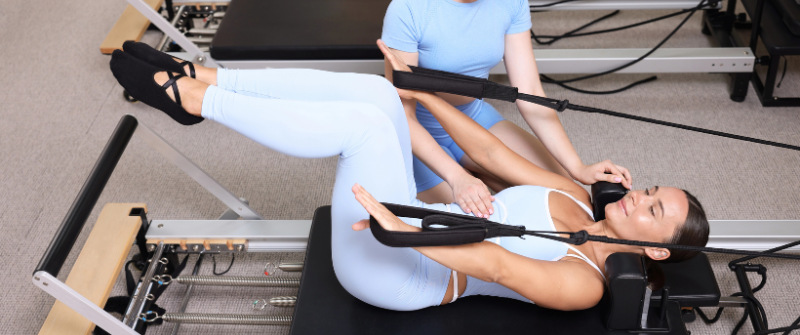 Why Pilates Studios Face Unexpected Liability Despite Being Low-Impact
January 21, 2026
Why Pilates Studios Face Unexpected Liability Despite Being Low-Impact
January 21, 2026

